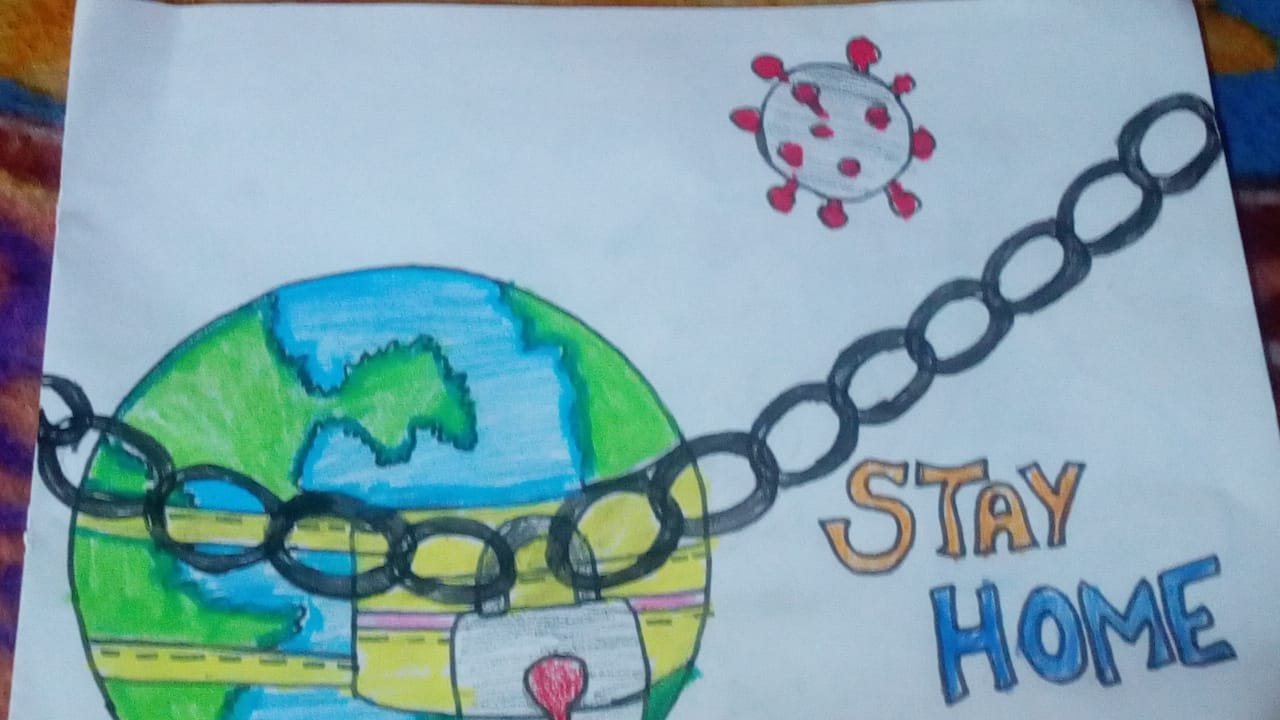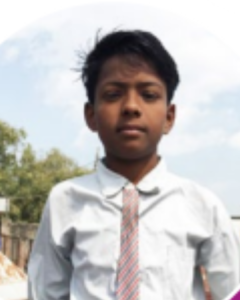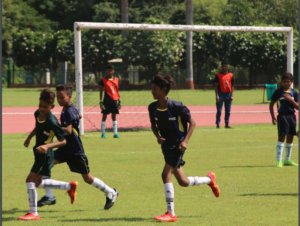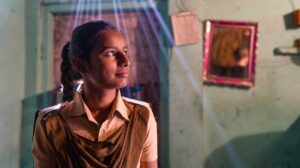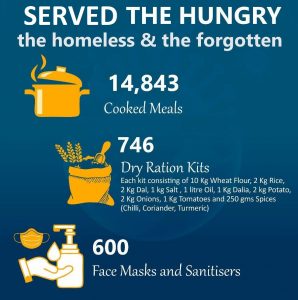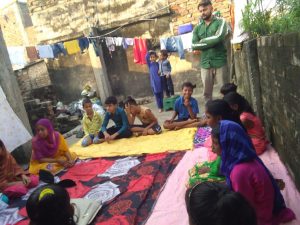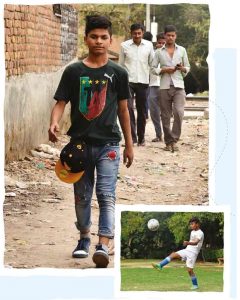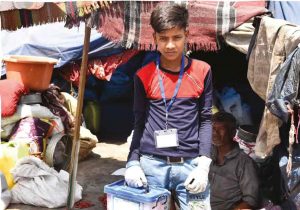Sana– “Though some families have ration cards and they are getting dry ration (rice, wheat and sugar) from the government, the quantity is not sufficient. They do not have income to buy additional food grains, vegetable, milk and are also not sure if they will be able to get jobs after the lockdown. They live in rented spaces and don’t have income to pay rent which is also bothering them a lot.”
Alam– “Children from different areas come to our contact point. One group was not able to come at contact point to get food distributed by Butterflies because the road was closed by the police. A child in this group called me and shared “bhaiya I don’t know how we will survive. We will die of starvation or die of this disease”. It was disheartening. These children don’t have smart phones either and are unable to study.”
Satish-“Children in Jama Masjid live alone, with friends and relatives. Most of them call me, worried about their future, their jobs, their families’ safety, their wages etc. We helped them get their last month’s wages from their employers and directed them to the Butterflies food distribution van. This has been a tremendous help to the children and their friends.”
Alam– “Working children have a problem of less food. They have very little money in their hands because they and their parents are daily labourers. This is especially for the scrap picking children who come to the market for their daily earnings. This has now stopped and they are having a major problem. The school going children’s parents are not going to work either and do not have money”.
Shareef– “When children call us and ask to come, we feel really helpless, because we can’t go to them even if we want to. Sometimes children ask when will this end, when will our lives be like before, then we have no answer, we can only explain them about the situation and advise them that if they strictly follow the lockdown then the situation will improve soon.”
Barun– “The most challenging task I found here is to involve primary level children in video call as most of them don;t have smart phones. However, I have assigned this task to a responsible student from my secondary level student group and she is helping the small children very well. Whenever children call us they ask the same questions- when will we come, when will our contact point open, when will they meet us.”
Meenakshi– “There are some families who don’t have mobile phones and some families are not reachable. For the children who have only keypad phones, it becomes difficult as they are not able to complete assignments from school and its also not easy to help them in their assignments. I try to give them and their families counselling and encouragement though.”


